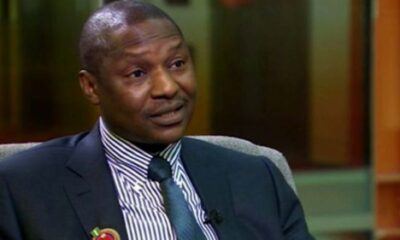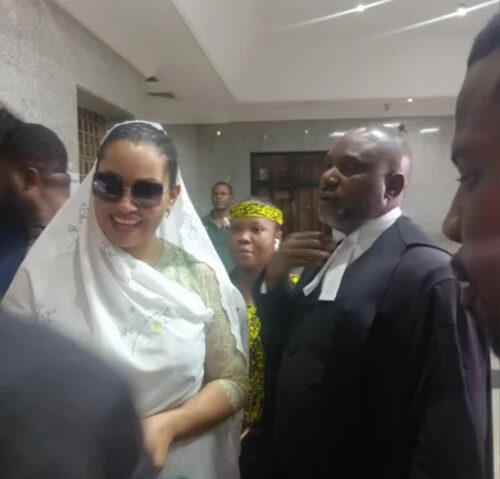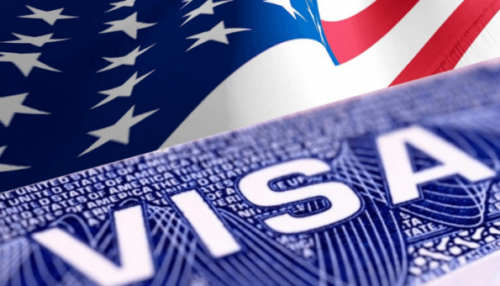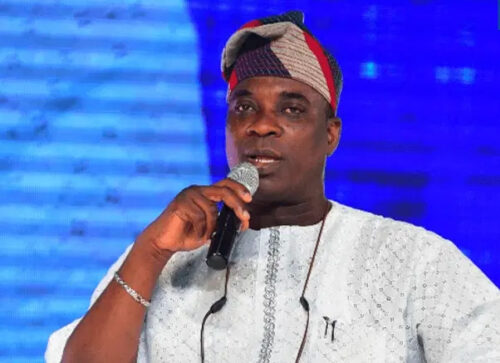BIG STORY
EFCC Arraigns Yobe LG Auditor-General, Yahaya Idris Over Alleged N19.9m Fraud

- /home/porsch10/public_html/wp-content/plugins/mvp-social-buttons/mvp-social-buttons.php on line 27
https://porscheclassy.com/wp-content/uploads/2022/11/resize1668099674726.jpg&description=EFCC Arraigns Yobe LG Auditor-General, Yahaya Idris Over Alleged N19.9m Fraud', 'pinterestShare', 'width=750,height=350'); return false;" title="Pin This Post">
- Share
- Tweet /home/porsch10/public_html/wp-content/plugins/mvp-social-buttons/mvp-social-buttons.php on line 69
https://porscheclassy.com/wp-content/uploads/2022/11/resize1668099674726.jpg&description=EFCC Arraigns Yobe LG Auditor-General, Yahaya Idris Over Alleged N19.9m Fraud', 'pinterestShare', 'width=750,height=350'); return false;" title="Pin This Post">
-

 BIG STORY2 days ago
BIG STORY2 days agoAwujale-Elect: Awujale Succession Not by Self Proclamation or Social Media —- Omooba Abimbola Onabanjo
-
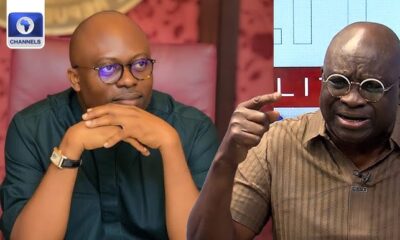
 BIG STORY3 days ago
BIG STORY3 days agoClimb Down From Your High Horse, Tinubu Won’t Get Rid Of Wike For You, He Values Loyalty —- Fayose To Fubara
-
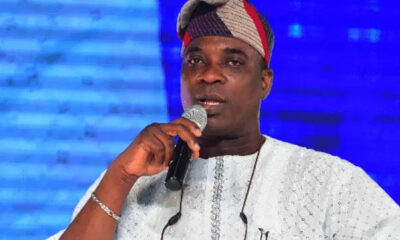
 BIG STORY4 days ago
BIG STORY4 days agoAwujale: Fusengbuwa Ruling House Slams KWAM1 Over Protest Letter To Gov Abiodun, Calls It ‘Arrant Nonsense’
-
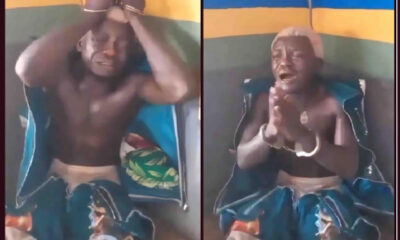
 ENTERTAINMENT3 days ago
ENTERTAINMENT3 days agoBREAKING: Portable Arraigned, Remanded For ‘Assaulting Police Officer, Car Theft’
-
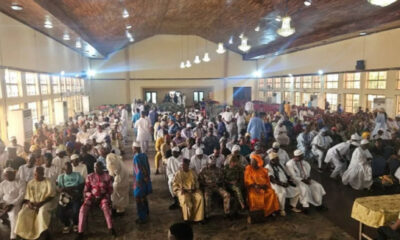
 BIG STORY3 days ago
BIG STORY3 days agoNext Awujale May Be Named In 14 Days, Ifa Will Pick One Of The 85 Nominees —– Olori Ebi
-
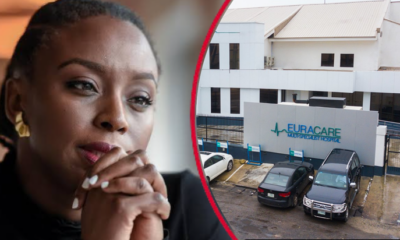
 BIG STORY4 days ago
BIG STORY4 days agoChimamanda Serves Euracare Hospital With Legal Notice Over Son’s Death
-

 BIG STORY24 hours ago
BIG STORY24 hours agoUS Suspends Immigrant Visa Processing For Nigeria, Ghana, 73 Other Countries [FULL LIST]
-
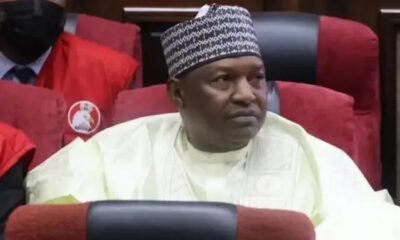
 BIG STORY4 days ago
BIG STORY4 days agoEx-AGF Malami Faces Fresh DSS Probe Over Alleged Firearms Found In His Home











